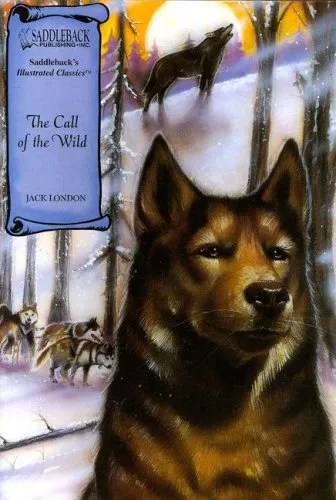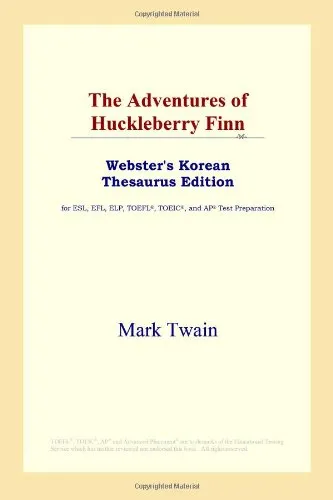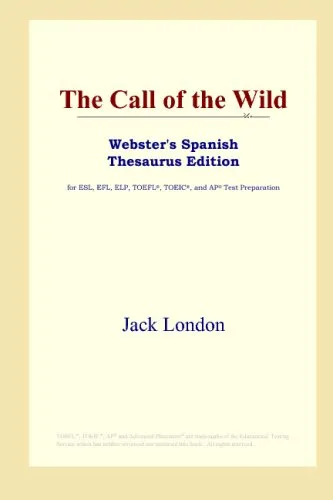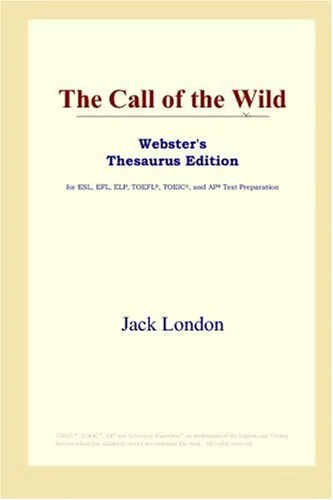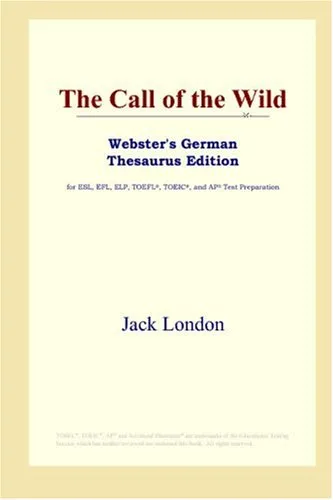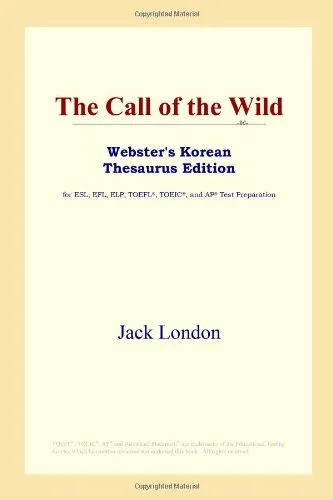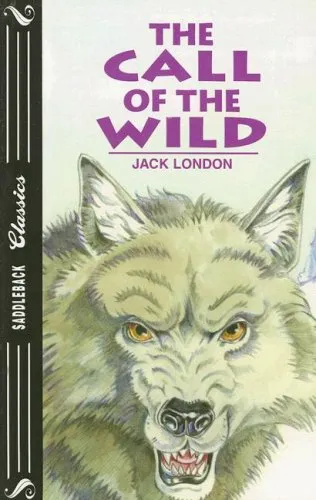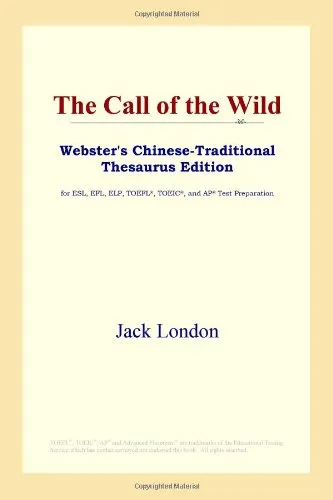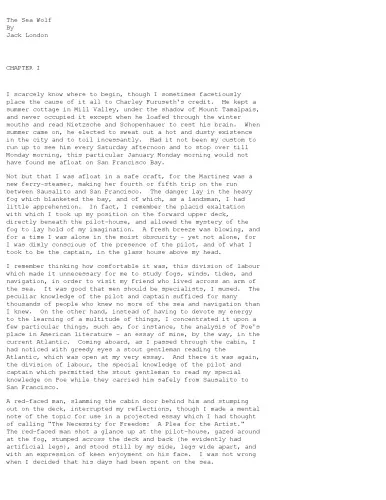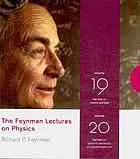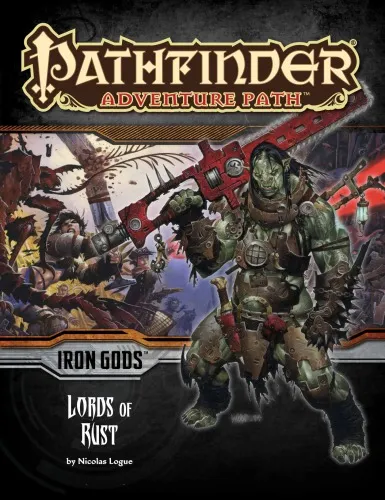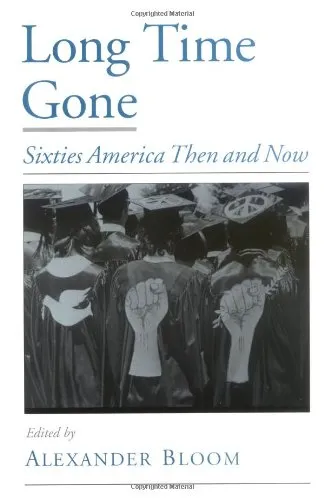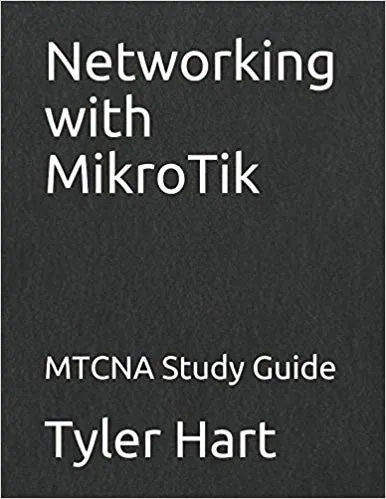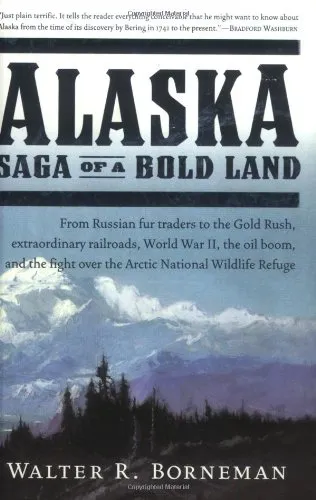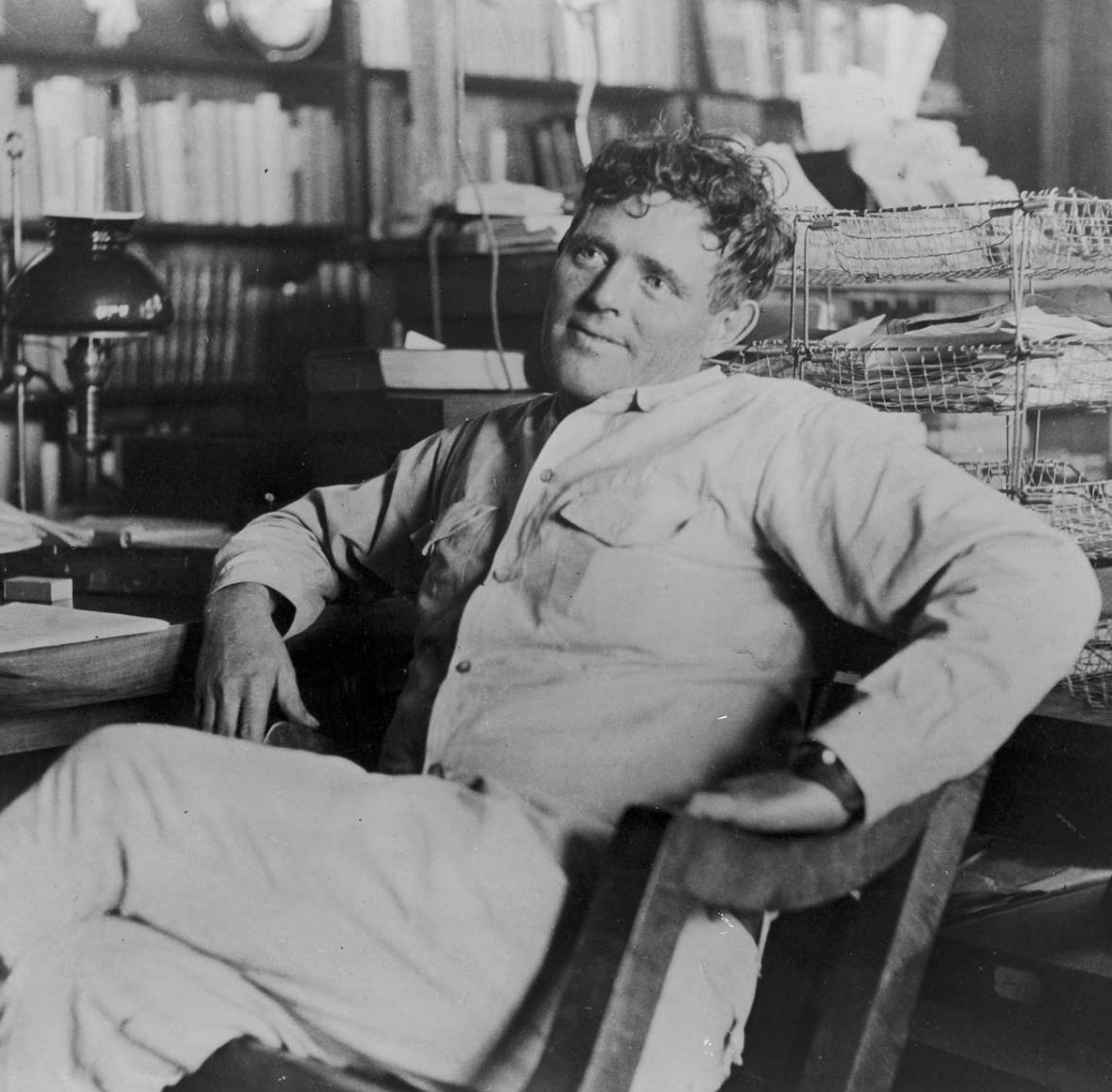The Call of the Wild
4.8
Reviews from our users

You Can Ask your questions from this book's AI after Login
Each download or ask from book AI costs 2 points. To earn more free points, please visit the Points Guide Page and complete some valuable actions.Related Refrences:
Persian Summary
Introduction to 'The Call of the Wild'
Welcome to an in-depth exploration of Jack London's timeless novel, 'The Call of the Wild'. First published in 1903, this remarkable story continues to captivate readers with its powerful themes and compelling narrative. Through the journey of Buck, a domesticated dog turned wild adventurer, the novel delves into the primal instincts and resilience that lie dormant in all creatures, and the harsh realities of survival in the unforgiving Yukon territory during the Klondike Gold Rush.
Detailed Summary of the Book
Set against the backdrop of the Klondike Gold Rush in the late 1890s, 'The Call of the Wild' follows Buck, a large and powerful St. Bernard-Scotch Collie mix. Buck enjoys a comfortable life as a pet in a California estate but is stolen and sold into the brutal world of the Alaskan sled dogs. As Buck journeys through various owners, each reflecting different facets of human nature, he learns the art of survival. The environment is harsh and challenging, demanding Buck to tap into his primal instincts and adapt to his wild surroundings.
Buck's transformation begins under the ownership of Francois and Perrault, who introduce him to the life of a sled dog. He learns quickly, rising in ranks after defeating fellow dog Spitz in a battle for leadership. Yet, it is under the brutal Hal, Charles, and Mercedes that Buck experiences the hard realities of exploitation and the struggle for power. Subsequently, when rescued by the compassionate John Thornton, Buck finds a rare and genuine companionship. However, the wilderness keeps calling, urging Buck towards his ultimate destiny: to embrace the wild fully.
Key Takeaways
- Survival and Adaptation: Buck’s journey is a testament to the need for adaptability in the face of life's challenges.
- Instinct vs. Civilization: 'The Call of the Wild' explores the tension between the comforts of civilization and the call of primal instincts.
- Human and Animal Relationships: The novel illustrates various dynamics between humans and animals, emphasizing themes of loyalty, love, and cruelty.
Famous Quotes from the Book
- “He was sounding the deeps of his nature, and of the parts of his nature that were deeper than he, going back into the womb of Time.”
- “There is an ecstasy that marks the summit of life, and beyond which life cannot rise. And such is the paradox of living, this ecstasy comes when one is most alive, and it comes as a complete forgetfulness that one is alive.”
- “Buck did not read the newspapers, or he would have known that trouble was brewing, not alone for himself, but for every tide-water dog, strong of muscle and with warm, long hair, from Puget Sound to San Diego.”
Why This Book Matters
"The Call of the Wild" remains a significant work in American literature due to its exploration of the universal struggle between nature and nurture. Jack London's masterful storytelling and depth of insight into the human and animal condition allow readers to ponder their own lives in relation to the natural world. The novel raises important questions about identity, instinct, and the often harsh realities of nature. Its enduring legacy continues to inspire discussions about finding one's true calling and the intrinsic connection between humanity and the wild.
Free Direct Download
You Can Download this book after Login
Accessing books through legal platforms and public libraries not only supports the rights of authors and publishers but also contributes to the sustainability of reading culture. Before downloading, please take a moment to consider these options.
Find this book on other platforms:
WorldCat helps you find books in libraries worldwide.
See ratings, reviews, and discussions on Goodreads.
Find and buy rare or used books on AbeBooks.
1551
بازدید4.8
امتیاز0
نظر98%
رضایتReviews:
4.8
Based on 0 users review
Questions & Answers
Ask questions about this book or help others by answering
No questions yet. Be the first to ask!
